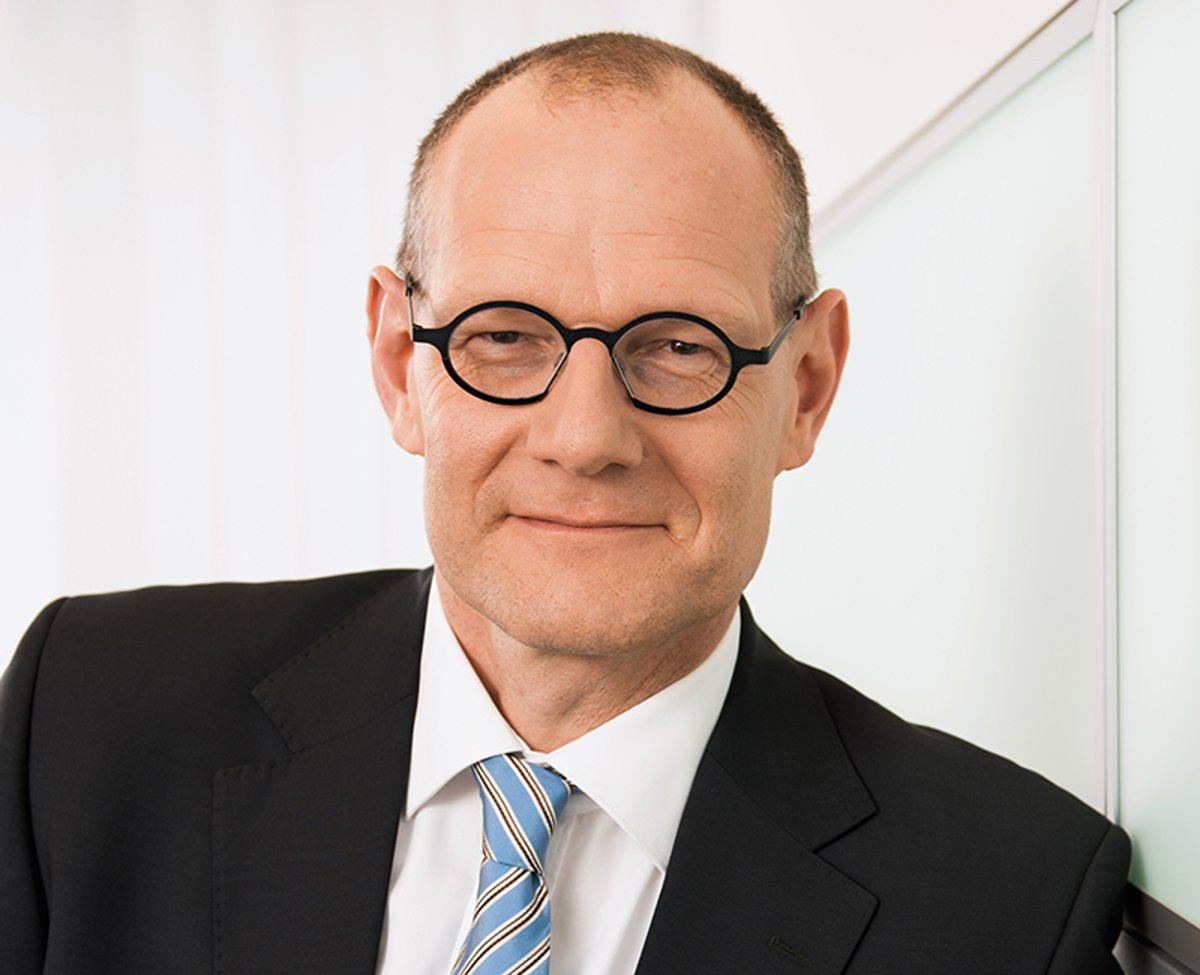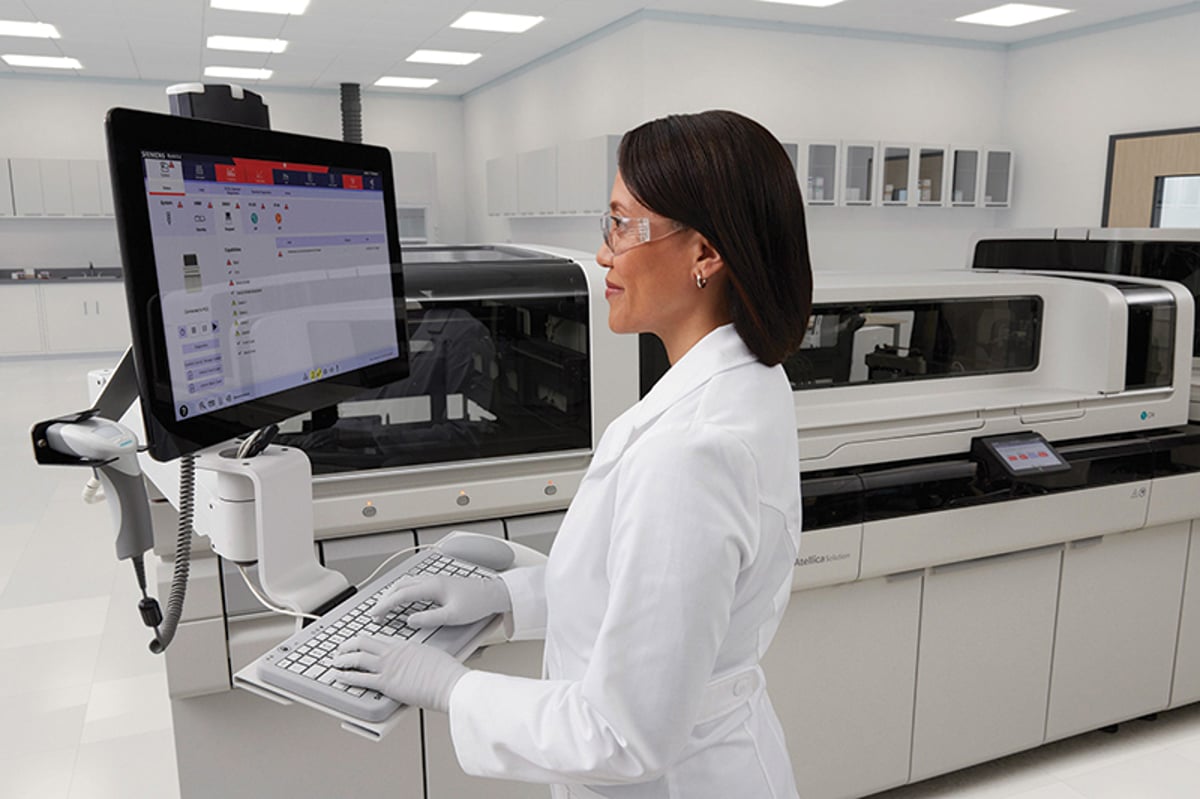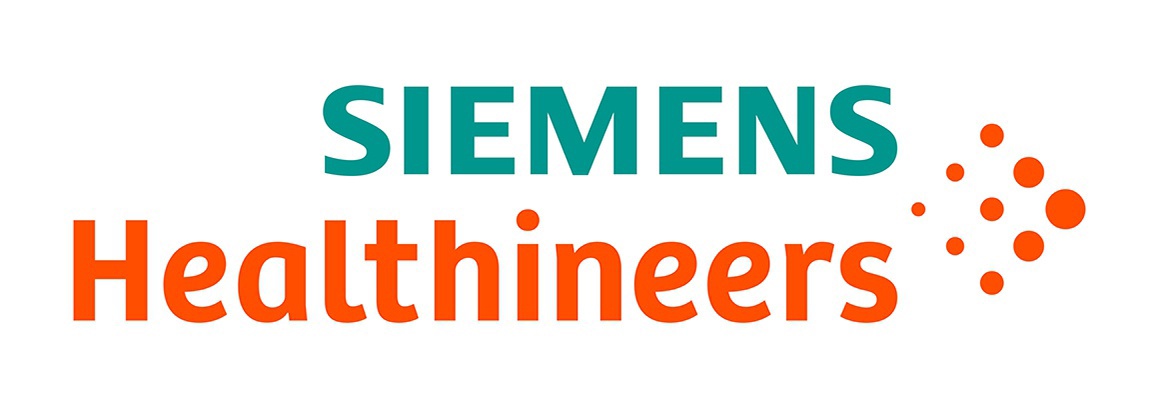Siemens Healthineers’ Bernd Montag Puts Innovation at the Heart of Medicine’s New Era
Personalized therapies, improved patient experience, smart working environments for doctors and an increased use of artificial intelligence are trends that will transform healthcare over coming years.
As the world’s population ages, chronic diseases proliferate and health budgets become increasingly stretched, the way healthcare is delivered will change dramatically.

Bernd Montag, CEO of German medical equipment giant Siemens Healthineers, believes his company is well-placed to thrive in this rapidly changing healthcare landscape. “Our strategic goal until 2025 is a leading market position in all our businesses,” he says.
The world’s biggest B2B healthcare company is a leading player in medical imaging, diagnostics and a range of advanced therapies. With some 50,000 staff worldwide, Siemens Healthineers works with nine out of 10 of the top healthcare providers. But as technology and shifting population trends disrupt the healthcare market, so the company is positioning itself for the new era of medicine.
“Innovation is at the very core of all of our businesses,” says Montag. “In past years, we have invested more than €1 billion annually into R&D, safeguarding the top positions we are holding in the global healthcare market.”
Siemens separated the Healthineers medical equipment division from the main company in an IPO earlier this year. Montag says becoming a standalone business has had a positive psychological impact on employees.
“50,000 people in 75 countries wake up and have one purpose: to shape the healthcare of tomorrow and make healthcare providers more successful,” he says.
“To have that focus on a joint goal instead of being a division or a department, this makes a huge difference.”
When planning the IPO, Siemens Healthineers surveyed its clients to understand their priorities.
“We took a very close look at what drives our customers, what is on the minds of people who run the big providers. It’s about making medicine more precise, transforming care delivery and moving value-based care away from a fee-for-service model.
“It is about treating the patient as a consumer and not as an object, so this is about elevating the patient experience and helping our customers to do so.” The other key element to emerge from the research was the importance of digitalizing healthcare. These themes have become central to the company’s offer and are the starting point for innovation and services.
"About ten per cent of the world's economy is involved in delivering healthcare. Our vision is that we are the company shaping how this ten per cent of the world economy performs and how it gets better"
— Bernd Montag
For Montag, a perfect example of the company’s strategy can be seen in its new MRI scanners which use BioMatrix technology to measure and account for the breathing, heart rate and movements of each patient. The scanners adjust to the shape of the patient, to their breathing and their head movements helping to improve the accuracy of scans. This reduces variations in results, giving consistency and making it easier to carry out follow up examinations and monitor the progression of diseases.
“The BioMatrix is an example of what makes us special in MRI and it shows nicely the philosophy of the company,” he says.
Some two-thirds of Siemens Healthineers’ revenues are from products which are less than three years old, while the company has over 40 AI-powered products on the market and holds more than 500 patents in machine learning. “So clearly, we are at the forefront in shaping the future of healthcare,” says Montag.
Another tool in the drive for precision, personalized medicine is the Atellica Solution, an automated system for testing patients’ blood, urine and other samples. The platform is up to 10 times faster than other systems and offers greater accuracy. “With around 1,000 analyzers shipped, Atellica has been taking off nicely in fiscal 2018. We expect total shipments to rise to 7,000 by the end of fiscal 2020,” says Montag.

A key element of the company’s future strategy is creating partnerships with healthcare providers. Siemens Healthineers has teamed up with the Medical University of South Carolina to improve care for stroke victims. This involves reducing the time taken from the patient’s admission to hospital to receiving treatment. The standard “door to needle” time is 90 minutes and the partnership aims to find ways of reducing this to 20 minutes.
In an age of digital disruption, Montag feels Siemens Healthineers is well-placed to prosper through healthcare’s value-based revolution. The company’s products already touch 240,000 patients each hour.
“Going forward and by the application of artificial intelligence solutions, this number will grow significantly,” predicts Montag.
“About 10 per cent of the world’s economy is involved in delivering healthcare,” he says, but points out that the global healthcare market is fragmented, lacks established processes and has a lot of variation. The mission for Siemens Healthineers is to use promising new technologies to drive the industry’s future. “Our vision is to be the company shaping how this 10 per cent of the world economy performs and how it gets better,” he says.
